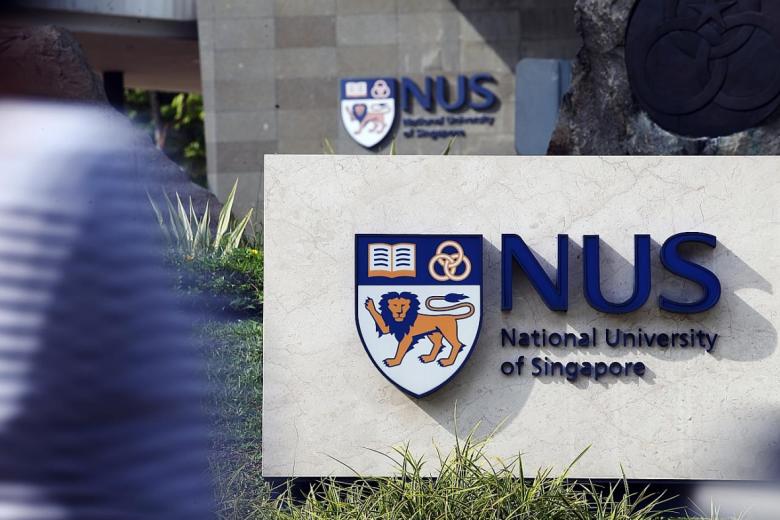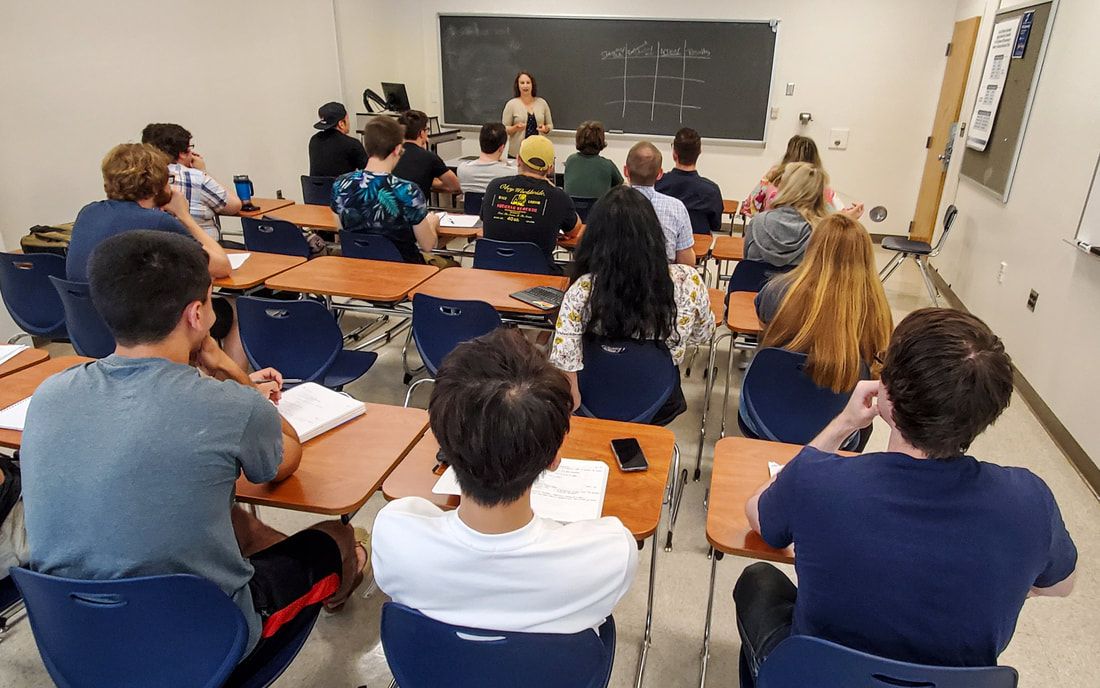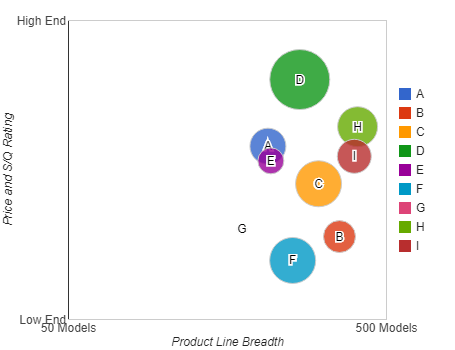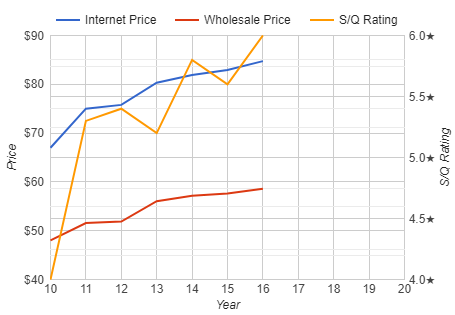"NUS students get zero marks for cheating on take-home exam"
As students take more college courses online, either fully or in a hybrid seated+online configuration, getting the students to maintain academic integrity increases dramatically. It simply is too easy for a student to cheat if they are taking an exam or writing a paper online with no oversight -- i.e., without proctoring. Why does this matter to me? Two simple reasons:
Students who study to learn the material feel cheated by students who collaborate or plagiarize on exams.
- Some students -- think nurses, accountants, engineers, doctors, and other professional practitioners -- will be expected to have actually learned what they studied when they start to practice medicine, design buildings and bridges, or handle corporate and personal accounts.
- In a recent year, partway through a semester in a capstone strategic management course I taught in Singapore, I was talking with my students about academic integrity. One student raised his hand and I called on him. He said, and this is a verbatim quote: "Professor, it isn't cheating if you don't get caught." This actually happened!
After discovering that exam scores were significantly higher -- i.e., 20% or more higher -- with online multiple-choice question (MCQ) exams, I did an experiment in one of these capstone courses. I put a low-stakes MCQ exam online, scheduling it to be open for 30 minutes during a regular seated class session. The exam was intended to be taken independently, not collaboratively. The students had ten minutes to complete the exam during the 30-minute window. They started in the classroom, and then could go wherever they wanted to complete the exam during that 30-minute window.
I gave the students a countdown to the start of the exam, and the second the exam window opened, about 75% of the students ran out of the classroom to the tables in the hallways to form groups to take the exam together. The remaining 25% of the students stayed in the classroom. I had told everyone that they should take the exam the way the normally would, so they did. One group at a large table had a single student take the exam during the first 10-minute block and watched that student, advising him if he was unsure of the answer. When he finished they regrouped into three smaller groups and then watched and advised the one student in their smaller group has he or she took the exam. Finally, the remaining students went to their computers to take the exam in the last 10-minute block, with the students who had completed the exam watching and helping.
I knew this behavior existed from a few years back, when I discovered extremely high scores on a Masters-level online exam that -- are you ready for this -- nursing students were taking. Eventually, one of the students in the class complained. To her -- she had studied hard for the exam and had taken it by herself as instructed -- it was unfair that other students had high grades without actually learning the material. She had observed students in her class taking the exam in teams at computers in the library.
Many of my friends feel it is unfair to use plagiarism checking tools, or online exam monitoring tools. We would proctor the exam in the classroom. Why should we not proctor it online? And how do we treat the students who learn the material who feel cheated by the students who do not learn but plagiarize or get help during online exams?
Of course, we could stop giving MCQ exams. But students can cheat in online essays or open-ended question exams just as easily. I use the MCQ exams only to confirm that the students are reading and understanding the course material. I even give the students the subject of every question on the exam a week ahead. These exams account for a relatively small portion of the final grade. If I catch a student cheating on one of these, the student most likely will fail the course. But I need the monitoring tools for online exams to catch the cheating. (And yes, I use question pools and random question delivery to limit cheating. I've had a student answer a write-in question that wasn't on his delivered online exam because someone else had told him the question that the other student had received and this student gave the answer to that question.)
I use Project-Based-Learning methods with students working together all semester in teams. We could just give team-based grades. But if you teach, you know there are a lot of social loafers who expect the other team members to do the work, but expect the same grades as their team members.
I hate online exam monitoring. We must use it; out of fairness to students who try to learn the material, and because students will be expected to know what we teach when they start their careers.
This article, about online cheating in an Engineering program at the National University of Singapore (NUS), illustrates the problem. Congratulations to NUS both for giving the students zero grades, and noted their academic integrity failure in their permanent records. If we sanction students for cheating, and have ways to identify cheating, we may be able to reduce the "It isn't cheating if you don't get caught" mentality.
#college #highereducation #academicintegrity #integrity #honesty #onlineeducation #onlineexam





 RSS Feed
RSS Feed